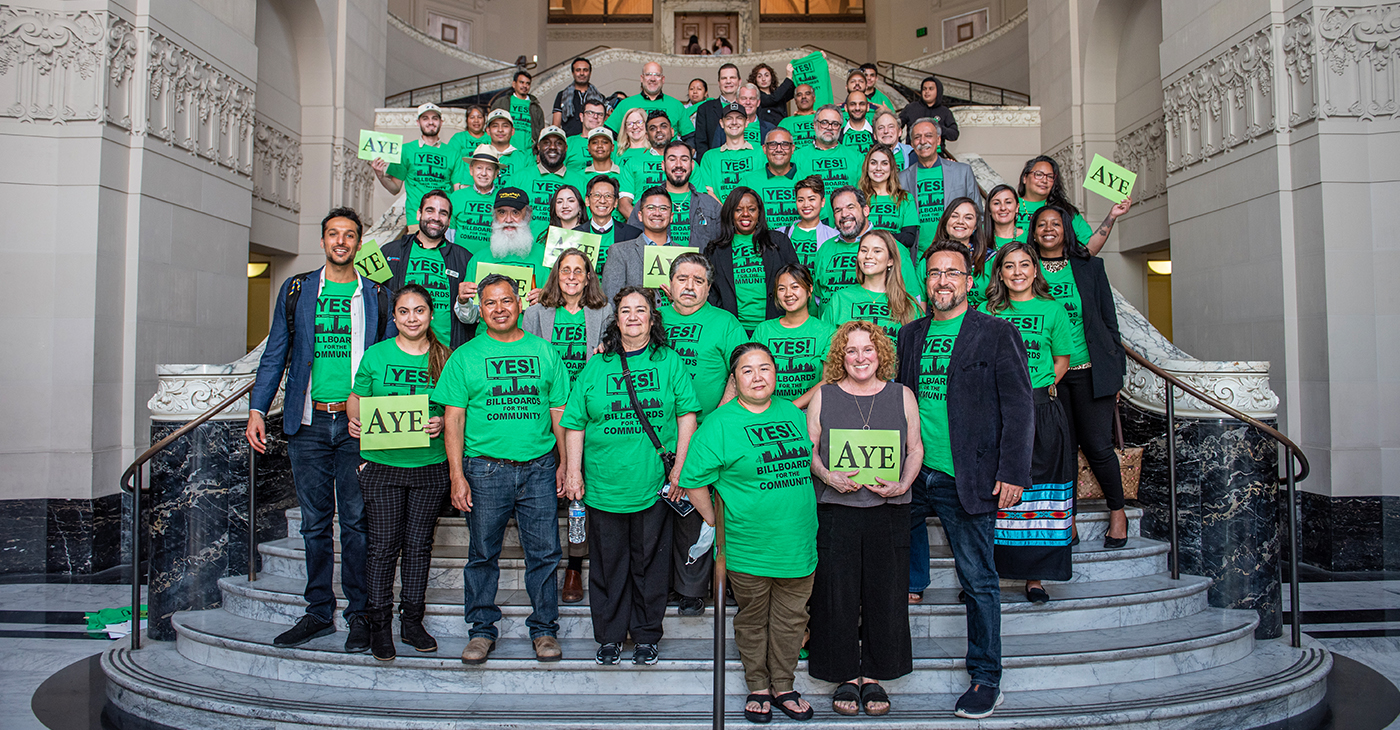In many cultures, the elderly are respected and treasured, viewed as an essential source of wisdom, experience and living history. Tragically, they’re also dismissed, devalued and underserved. For those who reside in assisted living facilities, nursing homes or alone, particularly those suffering from mental illnesses or physical limitations, life can be very lonely.
Perhaps that’s why America has seen an increase of companion animals among the older population. As first reported by writer Claire Beaudreault for a popular seniors website, not only can dogs help seniors, but seniors can help their four-legged friends. Here are 10 ways their relationship and friendship can be mutually beneficial.
- Companionship, thus alleviating depression, loneliness and isolation
- Relief for mental conditions, particularly dementia or Alzheimer’s disease
- Staying active, either walking or playing or petting which can help work out arthritic hands and arms
- Sharpening the mind
- Mood-booster given a dog’s instinctive ability to gauge when people are sad or frightened and need comfort
- Heart health, according to a recent American Heart Association study which shows that owning or interacting with dogs can help prevent heart disease
- As volunteers for other elderly citizens
- “Paw-tection,” as barking can deter robbers who often target more vulnerable individuals like the elderly and because dogs may help repel potential home invasions
- Socializing since many seniors, even those living in a communal situation, often feel isolated. Caring for a dog can be a social activity and even help those who are lonely make friends or find activity partners.
- Senior dogs for senior citizens. The elderly serve as a great means of providing homes for rescue dogs, especially older ones. It’s a great fit for seniors as these dogs have less expendable energy and tend to be trained already, unlike puppies
This article originally appeared in the Washington Informer.











































































1 Comment